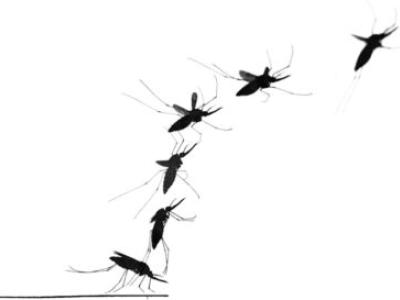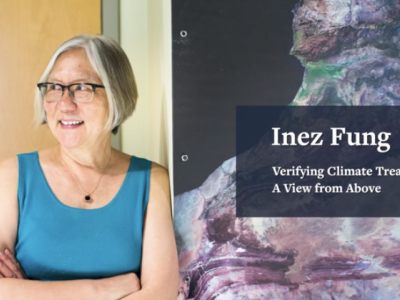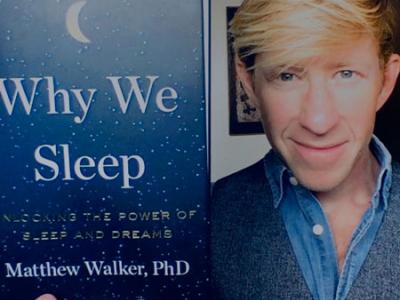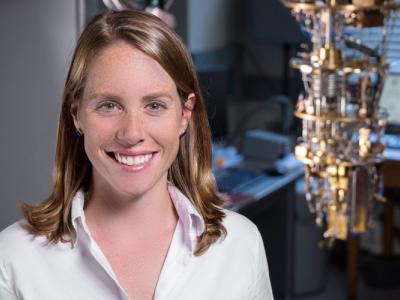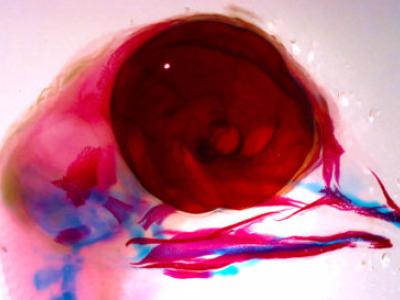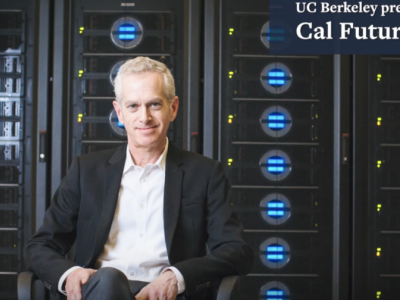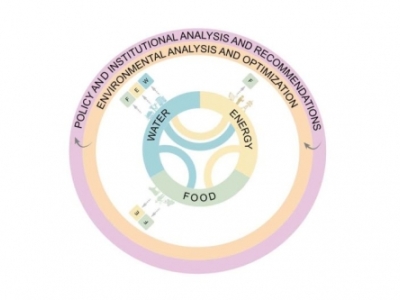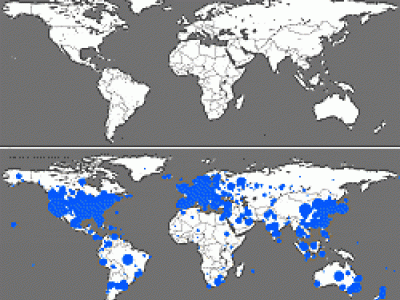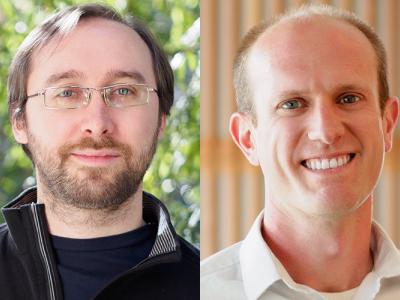Though Americans can’t seem to say enough bad things about their elected representatives, new research from Berkeley-Haas shows that politicians aren’t necessarily a bunch of good-for-nothings — at least in Sweden.
Research News
Learn more about UC Berkeley's researchers and innovators.
Showing 1985 - 2000 of 3524 Results
Scientists have found the key to mosquitoes’ stealth takeoffs: They barely push off when making a fast getaway, but instead rely on strong and rapid wing beats to quickly get aloft without anyone noticing.
Climate modeler Inez Fung is part of an international scientific team refining the detection skills of the new Orbiting Carbon Observatory 2.
Ask Matthew Walker about the downside of pulling an all-nighter, and he’ll rattle off a list of ill effects that range from memory loss and a compromised immune system to junk food cravings and wild mood swings.
The first measurement of the merger of two neutron stars and its explosive aftermath.
Leading researchers outline challenges in systems, security and architecture that may impede the progress of Artificial Intelligence, and propose new research directions to address them.
A startling new discovery answers an age-old question: Where does all the gold and platinum in the universe come from?
Sydney Schreppler awarded the 2017 For Women in Science Fellowships by L’Oréal USA.
A new report from the Center for Long-term Cybersecurity shows how malicious manipulation of new digital technologies can threaten public safety, undermine a competition’s integrity and diminish the fan experience.
Three alumni are among the 24 amazing Americans revealed today as winners of the coveted MacArthur “genius” award.
Researchers have helped find evidence indicating that the fever itself, not its cause, is what interferes with the development of the heart and jaw during the first three to eight weeks of pregnancy.
Climate modeler William Collins explores “pathways for getting down off the up escalator of climate change.
The program seeks to address how we will continue to have a sustainable supply of food, energy and water, and protect the ecosystems that provide essential services for humans.
UC Berkeley researchers get a $13.43 million BRAIN Initiative grant from the National Institutes of Health to build the next generation of fMRI technology for high resolution images able to focus on regions of the brain the size of a poppy seed.
Researchers at the Center for the Study of Child Care Employment reveal how some states and cities are working to narrow the pay and benefits gap between equally qualified pre-kindergarten teachers and kindergarten and elementary school teachers.
Two UC Berkeley assistant professors have received New Innovator Awards from the National Institutes of Health to pursue high-risk, high-reward work that could have implications for human health.


